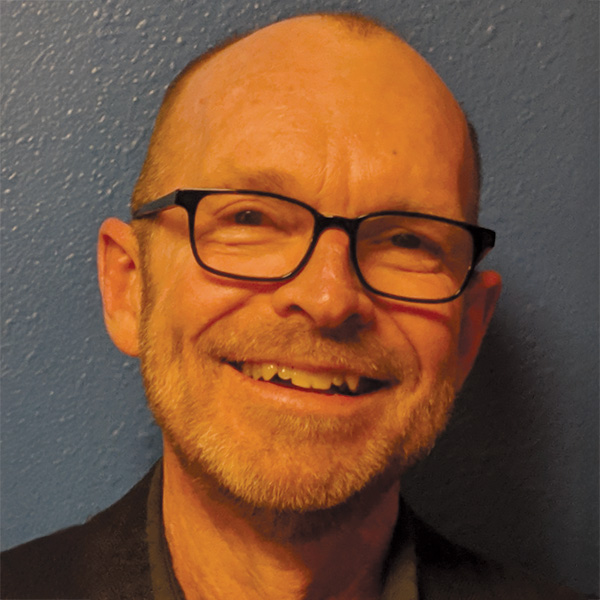
Here’s the great secret of writing strong medical school essays: Be interesting! Easier said than done. But that’s my overriding goal as a consultant, to help applicants determine and articulate their best story in a way that invites, maintains, and rewards a reader’s attention.
His guidance and encouragement were phenomenal. The entire college admissions process, including the innumerable essays and personal statements, presents an inordinately stressful experience for today’s high school students. Madison delivered sage advice, offered key strategies and tactics for crafting original and engaging writing submissions, and instilled an overall sense of confidence ... all of which reduced anxiety by several orders of magnitude.
Sign up for a free consultation to ask your most pressing admissions and application related questions, get a profile evaluation, and find out how Madison can help you get accepted.